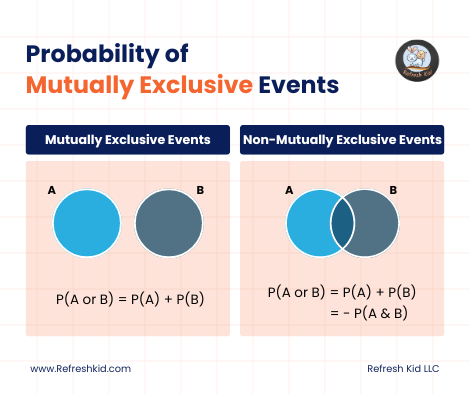In the vast expanse of the universe of mathematics and science, there exist concepts that challenge our fundamental assumptions about reality. One such enigma is the notion of negative probabilities. To some, the idea of a probability being less than zero may sound absurd, but it is a concept deeply rooted in complex mathematical theories and quantum physics. This article will take you on a journey through the intriguing landscape of negative probabilities, examining their existence, implications, and the mind-bending questions they raise.
Unveiling the World of Negative Probabilities
Defining Negative Probabilities
To embark on our exploration, we must first grasp the concept of negative probabilities. In conventional probability theory, probabilities range from 0 to 1, where 0 indicates impossibility, and 1 signifies certainty. Negative probabilities, however, defy this conventional wisdom. They suggest scenarios where events have a probability of occurring, even when they seemingly shouldn't.
The Birth of Negative Probabilities
Negative probabilities were first introduced by the renowned physicist Richard Feynman in the context of quantum mechanics. In quantum physics, particles can exhibit behaviors that are contrary to classical intuition, giving rise to the need for unconventional concepts like negative probabilities to describe their actions.
Mathematical Framework
Negative probabilities find their mathematical foundation in the realm of complex numbers. By extending the traditional probability space to include complex numbers, mathematicians and physicists have found a way to represent events with both positive and negative probabilities.
Applications in Quantum Mechanics
In quantum mechanics, negative probabilities play a pivotal role in describing phenomena such as quantum tunneling, where particles seemingly "borrow" energy to traverse barriers they shouldn't be able to overcome according to classical physics.
Challenging Assumptions
The Paradox of Negative Probabilities
Negative probabilities challenge our very understanding of the probabilistic nature of the universe. They force us to confront the limitations of classical physics and accept that in the quantum world, the rules are far from intuitive.
Real-World Implications
While negative probabilities may appear esoteric, they have practical implications in quantum computing, cryptography, and even finance. Understanding and harnessing these unconventional probabilities could lead to groundbreaking technological advancements.
Ethical and Philosophical Considerations
The existence of negative probabilities raises ethical and philosophical questions. Are there situations in which negative probabilities could have a moral impact? How does this concept alter our perception of free will and determinism?
Exploring the Controversy
Skepticism and Criticism
As with any groundbreaking concept, negative probabilities have their fair share of skeptics. Some argue that they are merely mathematical constructs with no physical relevance, while others believe they open doors to entirely new understandings of the universe.
Ongoing Research
The debate surrounding negative probabilities continues to fuel research in both mathematics and quantum physics. Scientists and mathematicians are tirelessly working to uncover the true nature and significance of these enigmatic entities.
FAQs
Conclusion








